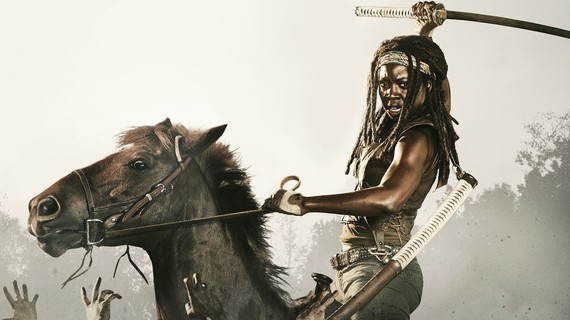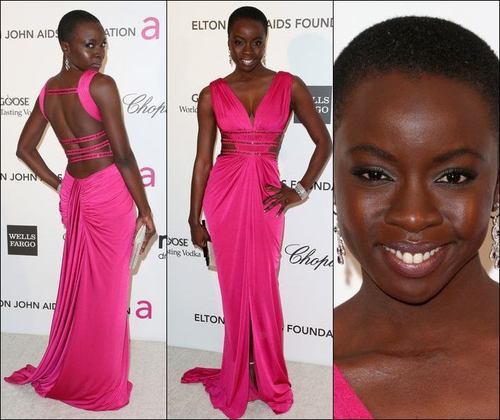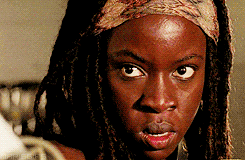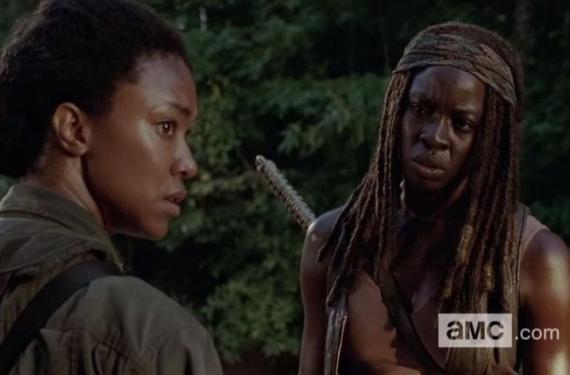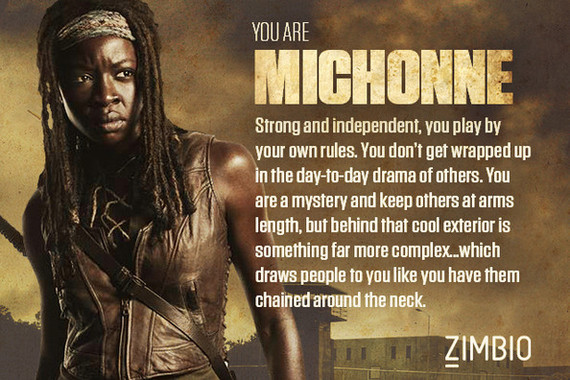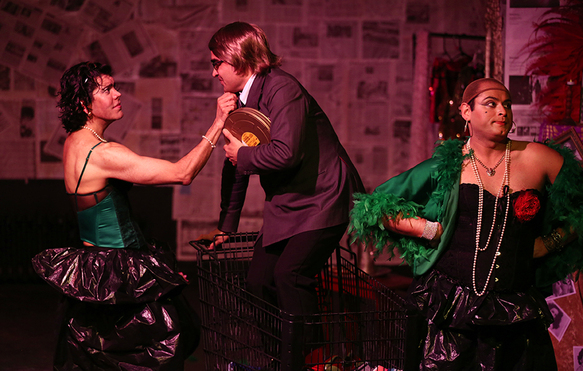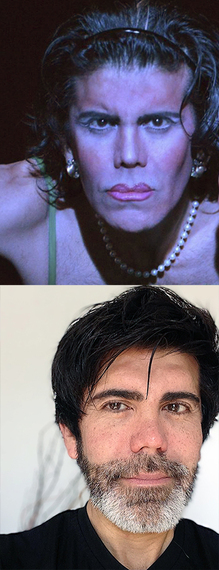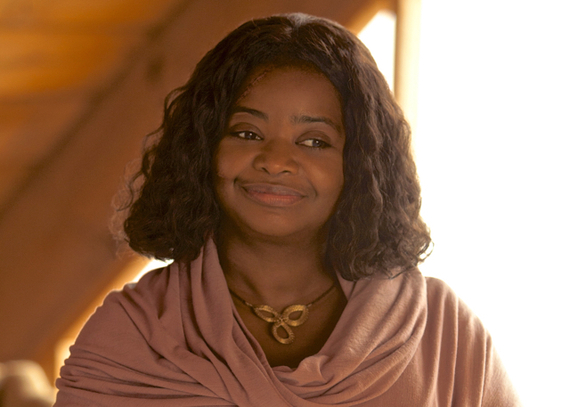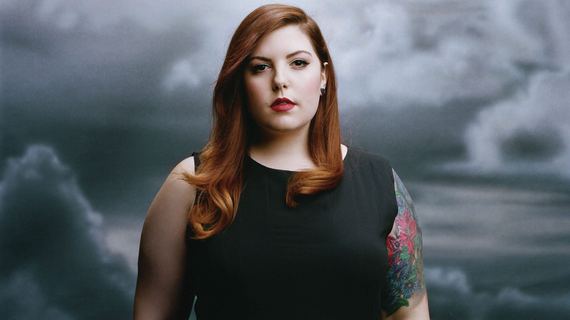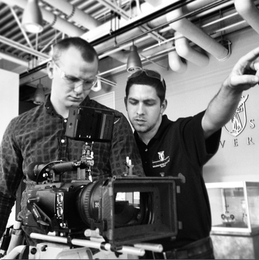With The Heidi Chronicles Wendy Wasserstein wrote her most popular -- and I'd argue -- her best play. My opinion certainly hasn't changed as of the current revival, at The Music Box, with Elisabeth Moss giving a performance of depth and breadth in the title role. If anything, I'd claim my regard for the 1989 Pulitzer Prize-winning (and almost every other award in sight) play is even more solid now.
This isn't to say that every aspect of Pam MacKinnon's production is absolutely right, but before I get to that, what has to be stressed is that Wasserstein's survey of a representative upper-middle-class woman's experiences of American culture during the years 1964 to 1987 is as close to perfection as anyone could hope to get.
When Heidi Holland, studying for a degree in art history, is first seen, she's at a college dance with best-friend-forever Susan Johnston (Ali Ahn) where she meets admirer Peter Patrone (Bryce Pinkham). When next seen, she's at a Eugene McCarthy for President fundraiser and encounters Scoop Rosenbaum (Jason Biggs), another friend in whose elusive company she repeatedly finds herself over the ensuing couple of decades.
And on like that it goes, with Heidi spotted every few years amidst the culture's evolving manners, mores, merriment and moans. With the popular music of the day piped in by sound designer Jill DC Du Boff and Peter Nigrini's projections pinpointing the eras (for instance, Marie Brenner's bylined New York article on Geraldine Ferraro's vice president candidacy holding visual sway for a while), it feels as if hardly anything of the now receding period is missed.
Wasserstein -- always observant and funny when she intended to be -- captures plenty and rarely fails to get the laughs she's going for. If she wants to record the pros and cons of women's consciousness-raising groups, she knows exactly what to do, not stopping short of the communal hugs. If she wants to give some idea of what it was like for women to deal with men throughout those times, she has at hand Scoop, a crusading liberal who curbs his enthusiasms in order to get along in a more commercial arena, as well as Peter, who eventually goes gay.
(Scoop has the amusing habit of grading everything. I wasn't amused, however, when he termed Janis Joplin an A- singer. Everybody knows she was a few notches above A+.)
But protagonist Heidi is the character through whom Wasserstein airs her best perceptions--and perhaps gets closest to herself autobiographically. Advancing in her career until she's a leading art historian committed to championing woman painters, Heidi doesn't fare well in her private life. She even reaches a point where she's become inexplicably sad and isn't certain how to extricate herself from the enveloping feeling.
I suspect I'm most moved by this development, because I've frequently thought that if anything stalled Wasserstein in her writing, it was difficulty delving below the upper personality levels of her female characters. At vivifying their surface traits, she was marvelously glib, but too often something held her back when it came time to dig deeper. With The Heidi Chronicles that something evaporated.
(When Julie Salamon published Wendy Wasserstein and the Lost Boys, her 2011 biography, she may have supplied the explanation: Wasserstein was brought up in a family used to keeping secrets. Just possibly that need to safeguard the darkest ones affected her writing. Perhaps her instinctive humor was a function of unconscious denial. On the other hand--and here's a spoiler alert for those who don't know the play--at the Heidi Chronicles finish, the still-single heroine adopts a daughter. Some years after writing the work, Wasserstein, also still single, gave birth to a daughter. It's as if she'd already seen her own life unfolding.)
I do have a small quarrel with MacKinnon's direction of the dramedy's earlier scenes. Although Wasserstein went after the fun in the initial bouts of consciousness-raising and other trends, she always honored the substance of those situations. MacKinnon doesn't do so immaculately. She plays the sequences strictly for comic value, as if they're Saturday Night Live sketches.
It isn't until the second act that MacKinnon goes whole-heartedly after the genuine pathos. She mines it best in Heidi's final scenes -- one with Peter to whom she's just confided she's leaving New York City for a job in the northwest and one with the now long-married and philandering Scoop, who's come to her Manhattan digs and once again waxes equivocal about his devotion to her.
When it comes to Moss's performance, there's nothing wrong with it and just about everything right. Mood-ring-like, she gets in all the required colors. (Mood rings are one fad Wasserstein doesn't bother bringing up). Moss's depiction of Heidi's tristesse is built gradually and therefore all the more highly effective.
Moss. Pinkham, Biggs and Ahn cover 25 years with seemingly no problem--not to mention that they and their colleagues are invaluably helped by Jessica Pabst's costumes and Leah J Loukas's hair and make-up. Tracee Chimo, Leighton Bryan and Elise Kibler have the tasks of playing several roles each. They do so with such facility that patrons will need a sharp eye to recognize them from one scene to the next. They're each real and really funny no matter what wig and what denim bell-bottoms or soigné business suit they're wearing.
Also called on to whip up the two and a half decades by way of abundant changes, set designer John Lee Beatty keeps things shifting with the help of a turntable and his reliable expertise. He sends in a Hotel Pierre where Scoop's wedding to the rich and Jewish Lisa takes place just as convincingly as he provides a children's playroom over which revered pediatrician Peter sometimes presides.
It occurs to me that because it's now 2015, some theatergoers will think Wasserstein's vision of a particular past quarter-century is now dated. If so, they're confusing the concept of "dated" with the concept of indelibly recreating a specific date, time and place. The late and very much missed Wasserstein has impeccably done the latter.
This isn't to say that every aspect of Pam MacKinnon's production is absolutely right, but before I get to that, what has to be stressed is that Wasserstein's survey of a representative upper-middle-class woman's experiences of American culture during the years 1964 to 1987 is as close to perfection as anyone could hope to get.
When Heidi Holland, studying for a degree in art history, is first seen, she's at a college dance with best-friend-forever Susan Johnston (Ali Ahn) where she meets admirer Peter Patrone (Bryce Pinkham). When next seen, she's at a Eugene McCarthy for President fundraiser and encounters Scoop Rosenbaum (Jason Biggs), another friend in whose elusive company she repeatedly finds herself over the ensuing couple of decades.
And on like that it goes, with Heidi spotted every few years amidst the culture's evolving manners, mores, merriment and moans. With the popular music of the day piped in by sound designer Jill DC Du Boff and Peter Nigrini's projections pinpointing the eras (for instance, Marie Brenner's bylined New York article on Geraldine Ferraro's vice president candidacy holding visual sway for a while), it feels as if hardly anything of the now receding period is missed.
Wasserstein -- always observant and funny when she intended to be -- captures plenty and rarely fails to get the laughs she's going for. If she wants to record the pros and cons of women's consciousness-raising groups, she knows exactly what to do, not stopping short of the communal hugs. If she wants to give some idea of what it was like for women to deal with men throughout those times, she has at hand Scoop, a crusading liberal who curbs his enthusiasms in order to get along in a more commercial arena, as well as Peter, who eventually goes gay.
(Scoop has the amusing habit of grading everything. I wasn't amused, however, when he termed Janis Joplin an A- singer. Everybody knows she was a few notches above A+.)
But protagonist Heidi is the character through whom Wasserstein airs her best perceptions--and perhaps gets closest to herself autobiographically. Advancing in her career until she's a leading art historian committed to championing woman painters, Heidi doesn't fare well in her private life. She even reaches a point where she's become inexplicably sad and isn't certain how to extricate herself from the enveloping feeling.
I suspect I'm most moved by this development, because I've frequently thought that if anything stalled Wasserstein in her writing, it was difficulty delving below the upper personality levels of her female characters. At vivifying their surface traits, she was marvelously glib, but too often something held her back when it came time to dig deeper. With The Heidi Chronicles that something evaporated.
(When Julie Salamon published Wendy Wasserstein and the Lost Boys, her 2011 biography, she may have supplied the explanation: Wasserstein was brought up in a family used to keeping secrets. Just possibly that need to safeguard the darkest ones affected her writing. Perhaps her instinctive humor was a function of unconscious denial. On the other hand--and here's a spoiler alert for those who don't know the play--at the Heidi Chronicles finish, the still-single heroine adopts a daughter. Some years after writing the work, Wasserstein, also still single, gave birth to a daughter. It's as if she'd already seen her own life unfolding.)
I do have a small quarrel with MacKinnon's direction of the dramedy's earlier scenes. Although Wasserstein went after the fun in the initial bouts of consciousness-raising and other trends, she always honored the substance of those situations. MacKinnon doesn't do so immaculately. She plays the sequences strictly for comic value, as if they're Saturday Night Live sketches.
It isn't until the second act that MacKinnon goes whole-heartedly after the genuine pathos. She mines it best in Heidi's final scenes -- one with Peter to whom she's just confided she's leaving New York City for a job in the northwest and one with the now long-married and philandering Scoop, who's come to her Manhattan digs and once again waxes equivocal about his devotion to her.
When it comes to Moss's performance, there's nothing wrong with it and just about everything right. Mood-ring-like, she gets in all the required colors. (Mood rings are one fad Wasserstein doesn't bother bringing up). Moss's depiction of Heidi's tristesse is built gradually and therefore all the more highly effective.
Moss. Pinkham, Biggs and Ahn cover 25 years with seemingly no problem--not to mention that they and their colleagues are invaluably helped by Jessica Pabst's costumes and Leah J Loukas's hair and make-up. Tracee Chimo, Leighton Bryan and Elise Kibler have the tasks of playing several roles each. They do so with such facility that patrons will need a sharp eye to recognize them from one scene to the next. They're each real and really funny no matter what wig and what denim bell-bottoms or soigné business suit they're wearing.
Also called on to whip up the two and a half decades by way of abundant changes, set designer John Lee Beatty keeps things shifting with the help of a turntable and his reliable expertise. He sends in a Hotel Pierre where Scoop's wedding to the rich and Jewish Lisa takes place just as convincingly as he provides a children's playroom over which revered pediatrician Peter sometimes presides.
It occurs to me that because it's now 2015, some theatergoers will think Wasserstein's vision of a particular past quarter-century is now dated. If so, they're confusing the concept of "dated" with the concept of indelibly recreating a specific date, time and place. The late and very much missed Wasserstein has impeccably done the latter.


